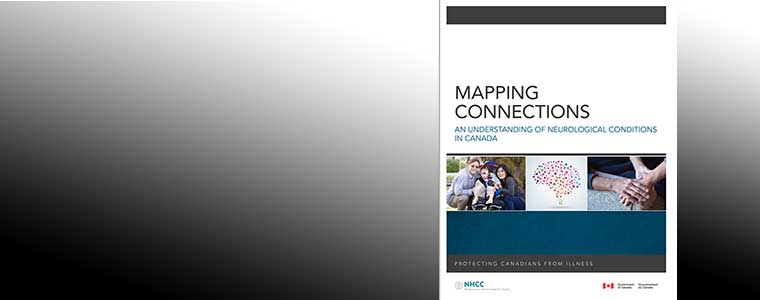
May 24 – 27 2015 | Westin Bayshore | Vancouver BC
Thank you for making this a great meeting!

May 24 – 27 2015 | Westin Bayshore | Vancouver BC
Thank you for making this a great meeting!

How neurons communicate with each other is central to our understanding of the nervous system. Since the times of Golgi and Cajal, the roles of electrical vs. chemical forms of transmission have been much debated. While it is now well established that both electrical and chemical forms of transmission co-exist throughout the mammalian nervous system, gap junction-mediated electrical signals are found to be extremely weak compared to their chemical counterparts Continue reading

People affected by a common inherited form of autism could be helped by a drug that is being tested as a treatment for cancer, according to researchers from the University of Edinburgh and McGill University.
Fragile X Syndrome is the most common genetic cause of autism spectrum disorders. It affects around 1 in 4,000 boys and 1 in 6,000 girls. Currently, there is no cure. Continue reading

Study has far-reaching implications for unconscious role of infant experiences on adult development
An infant’s mother tongue creates neural patterns that the unconscious brain retains years later even if the child totally stops using the language, (as can happen in cases of international adoption) according to a new joint study by scientists at the Montreal Neurological Institute and Hospital – The Neuro and McGill University’s Department of Psychology. The study offers the first neural evidence that traces of the “lost” language remain in the brain. Continue reading

MUHC-led study identifies new player in brain function and memory
Is it possible to change the amount of information the brain can store? Maybe, according to a new international study led by the Research Institute of the McGill University Health Centre (RI-MUHC). Their research has identified a molecule that puts a brake on brain processing and when removed, brain function and memory recall is improved. Published in the latest issue of Cell Reports Continue reading

Information is transferred from one neuron to another via synapses. This communication is mediated by neurotransmitters packaged into vesicles. These structures seem identical on electron microscopic images. However, recordings of electrical activity between neurons show that synapses operate under multiple modes of neurotransmitter release depending on the level of activity. Continue reading

Findings contribute to baseline knowledge of minute-to-minute healthy brain activity.
Examining the brain when it is healthy is essential in order to understand how and why things go wrong when they do. Interested in the brain in its healthy state, Vancouver Coastal Health Research Institute investigators from the Djavad Mowafaghian Centre for Brain Health’s (DMCBH) Dr. Brian MacVicar Lab asked novel research questions about communication between the brain’s neurons and microglia, its immune cells. Continue reading

Researchers at the University of Toronto’s Faculty of Medicine have shown why anesthetics can cause long-term memory loss, a discovery that can have serious implications for post-operative patients. Continue reading

A report by the Neurological Health Charities of Canada NHCC
Mapping Connections: An understanding of neurological conditions in Canada
The National Population Health Study of Neurological Conditions
A partnership between Neurological Health Charities Canada, The Public Health Agency of Canada, Health Canada and The Canadian Institutes of Health Research.
Read the full report on the Public health agency of Canada website.

Brenda Milner wins Kavli prize!
Congratulations to Brenda Milner who won the 2014 Kavli Prize in Neuroscience. More details on the Kavli Prize website.